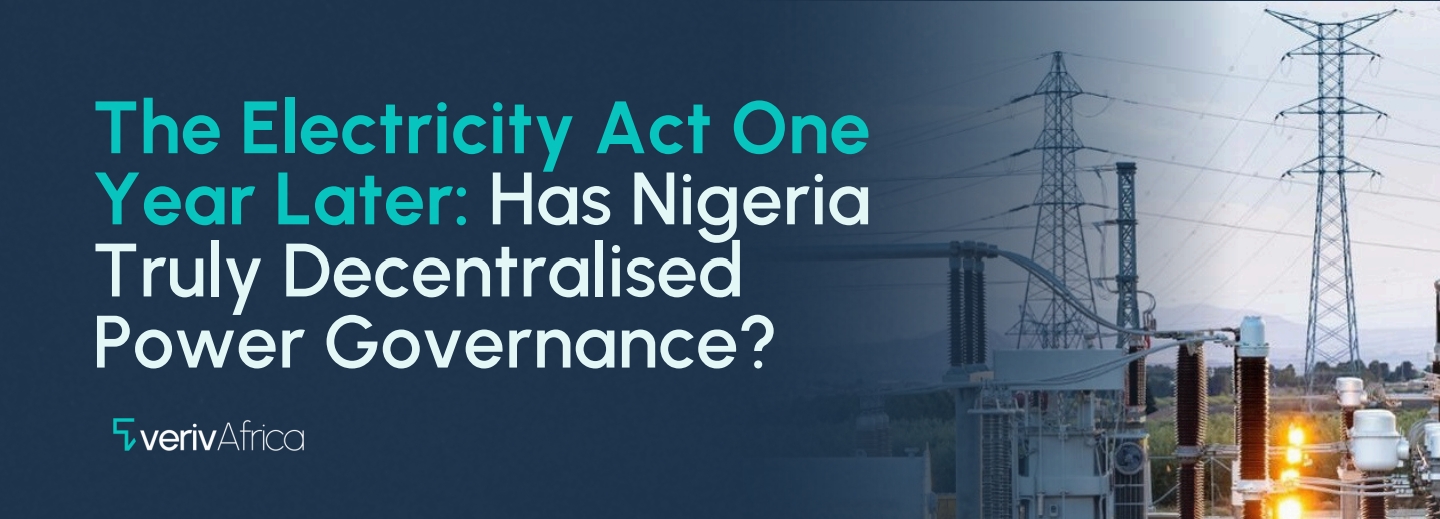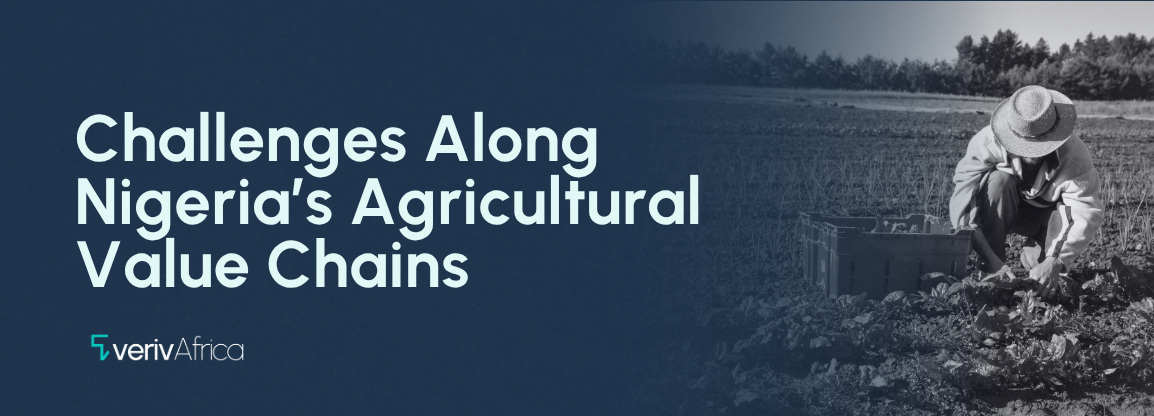Conversations around investment opportunities on the African continent, especially the capital markets, trigger varied reactions. For some, the markets are filled with opportunities waiting to be harnessed. That could be right. For others, African capital markets are synonymous with regulatory uncertainties, a slow justice system, illiquid markets, and a thousand and one hurdles to be surmounted. One could find proof of this, depending on where you look. Undeniably, there are opportunities in the markets. There is demand for financing across board, and a well-developed capital market could help unlock many economic opportunities on the continent. This article provides an overview of the African capital market, its challenges, potential solutions, and a practical assessment for intending investors.
What is the Capital Market?
The capital market, like any market, connects buyers and sellers. In this case, the capital market connects suppliers and users of funds. Suppliers of funds include banks (through savings and other accounts), institutional investors such as pension funds and insurance companies, and individual investors, both retail and high-net-worth individuals. The users of funds include companies (through debt or equity issues) and governments (through short- and long-term bonds). Today, the capital market exists in various forms, including physical spaces and digital platforms such as NASDAQ. It is broadly divided into two: the primary and secondary markets.
The primary market connects companies looking to raise fresh funds with investors willing to provide the funds. This is usually called an Initial Public Offering and is restricted to sophisticated investors. The process is subject to strict regulations and handled by investment banks and legal/accounting professionals. Remember the buzz around MTN Nigeria’s stock prior to listing on the stock exchange? Or Saudi Aramco’s record-breaking listing in 2019? The initial sales activity happened in the primary market and was restricted to select investors, not the general public. In addition to companies' stocks, the same process is used by governments (both national and subnational) looking to raise bonds for general use or specific projects. A use case for municipal bonds was discussed in a previous insight.
On the other hand, the secondary market is generally known as the stock market. This is where already listed stocks, bonds, ETFs, and other instruments are traded among shareholders. Depending on your chosen country, anybody with as low as $5 can open an account and buy a stock. The secondary market provides an outlet for all investors to participate in the capital market, including for primary market investors to cash in on their earlier investments.
Both markets complement each other. The primary market provides a steady supply of stocks. The secondary market provides liquidity, an exit point for early investors, and an opportunity for the general public to participate in the market. The global capital market is estimated at over $117 trillion, with an estimated 42,000 companies listed globally.
The Capital Markets in Africa
Africa’s first stock exchange, the Kimberley Stock Exchange, dates to the Cape Colony’s diamond boom in the 1880s. This was followed by several early stock exchanges, including the Egyptian Stock Exchange, the Johannesburg Stock Exchange, and the Casablanca Stock Exchange among others. Many of the earliest stock exchanges were developed around key mining or colonial towns and financed developments in diamonds, gold, coal, and other resources or helped finance infrastructure developments in key colonial cities.
Today, the continent hosts over thirty stock exchanges, with 1,100 companies listed and a market capitalisation of about $2 trillion (more than 60% of the continent’s $3.1 trillion GDP). This has shown admirable growth from the colonial days of a few boom town stock exchanges. However, Africa’s $2 trillion market capitalisation makes up less than 2% of the size of the global capital market. Also, the continent’s $2 trillion market cap is highly concentrated in a few countries, with South Africa accounting for nearly 50% ($1 trillion market cap for the Johannesburg Stock Exchange). Other major but comparatively smaller stock exchanges are located in Nigeria, Egypt, Morocco, and the WAEMU (West African Economic and Monetary Union) region. This less-than-ideal size and lopsided distribution has negative implications for access to funding for companies and governments on the continent, and for economic growth, especially in capital-intensive sectors such as mining, energy, and manufacturing.
One of the critical factors limiting the potential of capital markets on the continent is the spate of regulatory uncertainty. Local and foreign investors continue to fear the potential passage of new laws that affect investments or capital repatriation or completely change the thesis on which initial investments were made. An example is the difficulty in repatriating capital from countries like Nigeria, as the economy worsened under the previous administration and several restrictive capital laws were passed.
Beyond regulatory uncertainty, there are concerns about corporate governance and the enforcement of corporate laws. External investors depend on a range of information to make investment decisions, especially in the equities market. A starting point is usually the financial statements of the target company. Unfortunately, the required information is either unavailable, lags by a year or more, or is not detailed enough. Ideally, the stock exchange authority or the securities market regulator should ensure that all listed companies provide up-to-date financial statements. However, this is not the case in many stock exchanges, including the major exchanges. Thus, a thorough investment analysis becomes near impossible, discouraging interest from investors unfamiliar with the country or familiar with popular brand names.
Finally, a lack of liquidity remains a key challenge. The capital market landscape in Africa shows significant variation in the activity level. While the Johannesburg Stock Exchange boasts nearly 1 trillion rands in average daily value of trades, other small exchanges barely record up to one million in trade volumes. The same applies to larger stock exchanges where only a few stocks account for most of the trades while others are barely traded in weeks. This lack of liquidity and activity has negative implications for investor exit strategies or interest. Furthermore, it has a negative feedback loop where too few activities dampen investor interest, and low investor interest furthers low or no activities on these exchanges.
Unleashing Africa’s Capital Market Potential
The African continent boasts ample opportunities limited by various factors, including access to finance. The capital markets could play an essential role in supplying this limited resource and help investors earn outsized returns. However, the aforementioned limiting factors must be addressed. Investors’ concerns over regulatory uncertainties and lack of recourse to an efficient justice system must be addressed. Individual countries or regional economic bodies such as ECOWAS must recognise the potential role of capital markets in unleashing economic activities in their regions and help craft new capital markets laws and regulatory regimes drawn from global best practices. This should be complemented by a dedicated legal system or court strictly focused on addressing investor concerns. These dedicated business and investment courts have been used in other jurisdictions, such as the Dubai International Financial Centre Courts or the older Delaware Court of Chancery. By developing clear laws and dedicated, independent courts to address investment-related cases, there could be increased confidence from investors.
Beyond regulatory reforms, there needs to be increased enforcement of corporate reporting laws. Listed companies must make available requisite financial statements and other corporate disclosures as stipulated in the country's securities laws. The absence of basic, audited information that could be used to make investment decisions increases the risk for investors and forces them to look elsewhere. The stock exchange leadership and the securities market regulators must ensure compliance with the applicable laws and sanctions for defaulters.
Finally, regional bodies and the larger African Union must tackle the illiquidity challenge. By virtue of their size and relatively small underlying national economy, some stock exchanges are likely to remain uncompetitive and illiquid. This prevents a new inflow of investments and limits the potential of the exchange, as well as its national economy. On the contrary, a joint exchange of two or more countries is likely more liquid and provides a broader choice of investment opportunities for local and international investors. Examples of this could be seen internationally through the EuroNext system and within Africa through the BVRM, which consolidates the stock markets of eight West African countries. A more extensive Africa-wide interoperable system is underway through the African Exchanges Linkages Project. If successful, it bodes well for the capital markets on the continent. However, only a few exchanges have shown interest in the project.
There are significant opportunities in the financial and non-financial sectors of the African economy. The finance sector, especially the capital market, could help unleash the potential of other vital sectors, including natural resources, light manufacturing, services, etc. However, this requires the capital markets to be robust, liquid, and backed by a world-class regulatory regime. National governments and regional bodies must take deliberate steps to earn investor confidence, promote liquidity, and enforce corporate disclosure laws. Investors interested in entering the African capital market would do well to study the factors highlighted (regulatory certainty, liquidity, and corporate disclosure).
Our team at Veriv Africa works closely with new and existing investors to navigate the African capital market landscape. Reach out to us today at hello@verivafrica.com
References
African Exchanges Linkage Project. (2024). About AELP. https://africanexchangeslink.com/
African Stock Exchange Association. (2024). ASEA Statistics. https://african-exchanges.org/
Brookings Institution. (2019). The Saudi Aramco IPO breaks record, but falls short of expectations. https://www.brookings.edu/articles/the-saudi-aramco-ipo-breaks-records-but-falls-short-of-expectations/
Delaware Courts. (2024). Court of Chancery. https://courts.delaware.gov/chancery/
Dubai International Financial Centre. (2024). About DIFC Courts. https://www.difccourts.ae/about/difc-courts
Johannesburg Stock Exchange. (2024). Weekly market statistics. https://www.jse.co.za/services/market-data/market-statistics
Lukasiewicz, M. (2019). From market to exchange: Early regulation and social organization on the Johannesburg Stock Exchange, 1887-1892. https://www.aehnetwork.org/blog/from-market-to-exchange-early-regulation-and-social-organisation-on-the-johannesburg-stock-exchange-1887-1892/
Market Forces Africa. (2021). Nigeria: Funds repatriation extremely difficult for foreign investors. https://dmarketforces.com/nigeria-funds-repatriation-extremely-difficult-for-foreign-investors-msci/
MTN Nigeria. (2021). Approval obtained for the public offer of MTN Nigeria ordinary shares. https://www.mtn.com/approval-obtained-for-the-public-offer-of-mtn-nigeria-ordinary-shares/#:~:text=MTN%20Group%20is%20pleased%20to,retail%20investors%20(Retail%20Offer).
OECD. (2024). Global debt report. https://www.oecd.org/en/topics/sub-issues/capital-markets.html#:~:text=There%20are%20around%2042%20000,000%20to%20over%2042%20500.
Veriv Africa (2024). Getting State Electricity Right. Could Municipal Bonds help?. https://www.verivafrica.com/insights/getting-state-electricity-right-could-municipal-bonds-help










